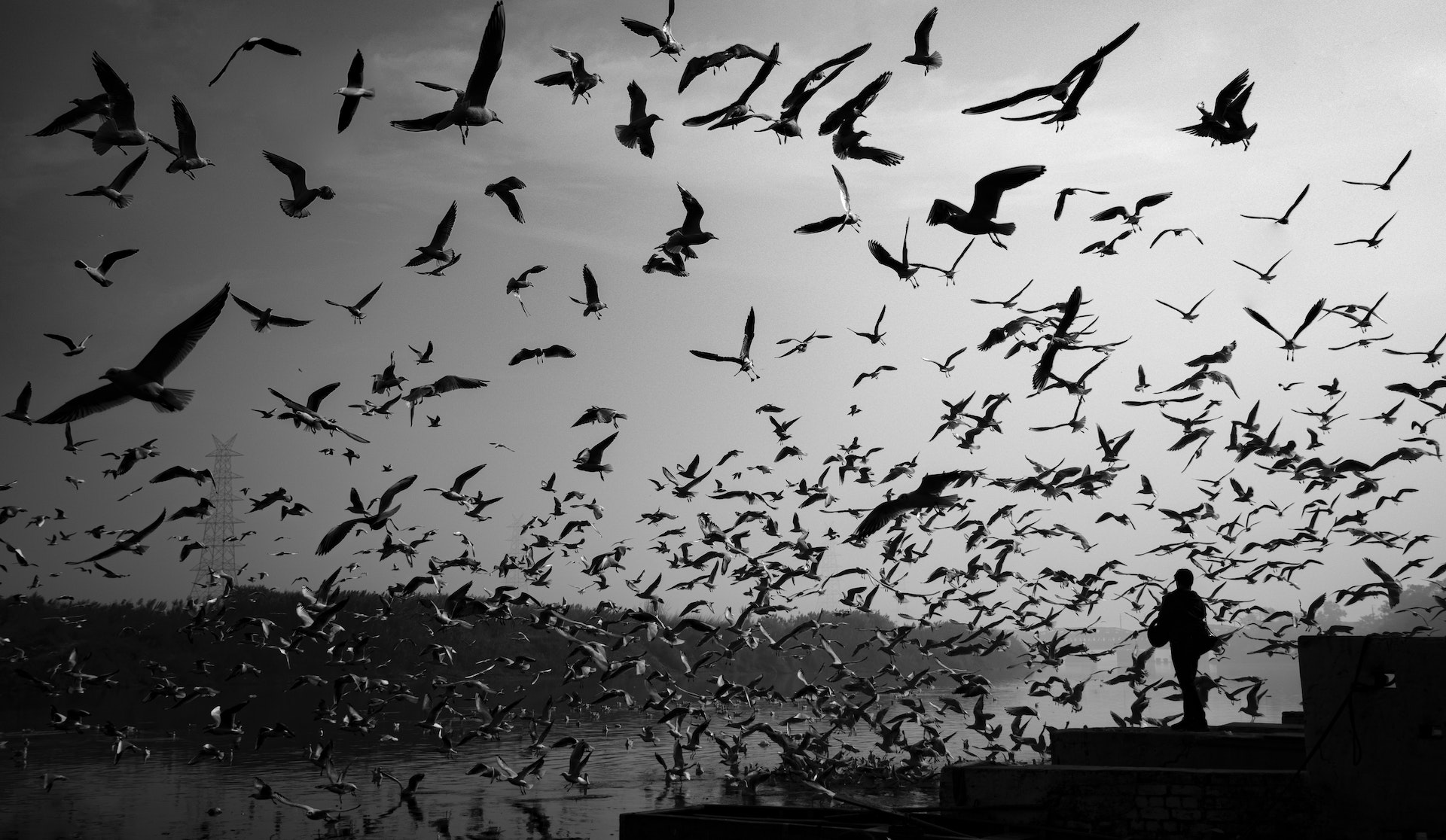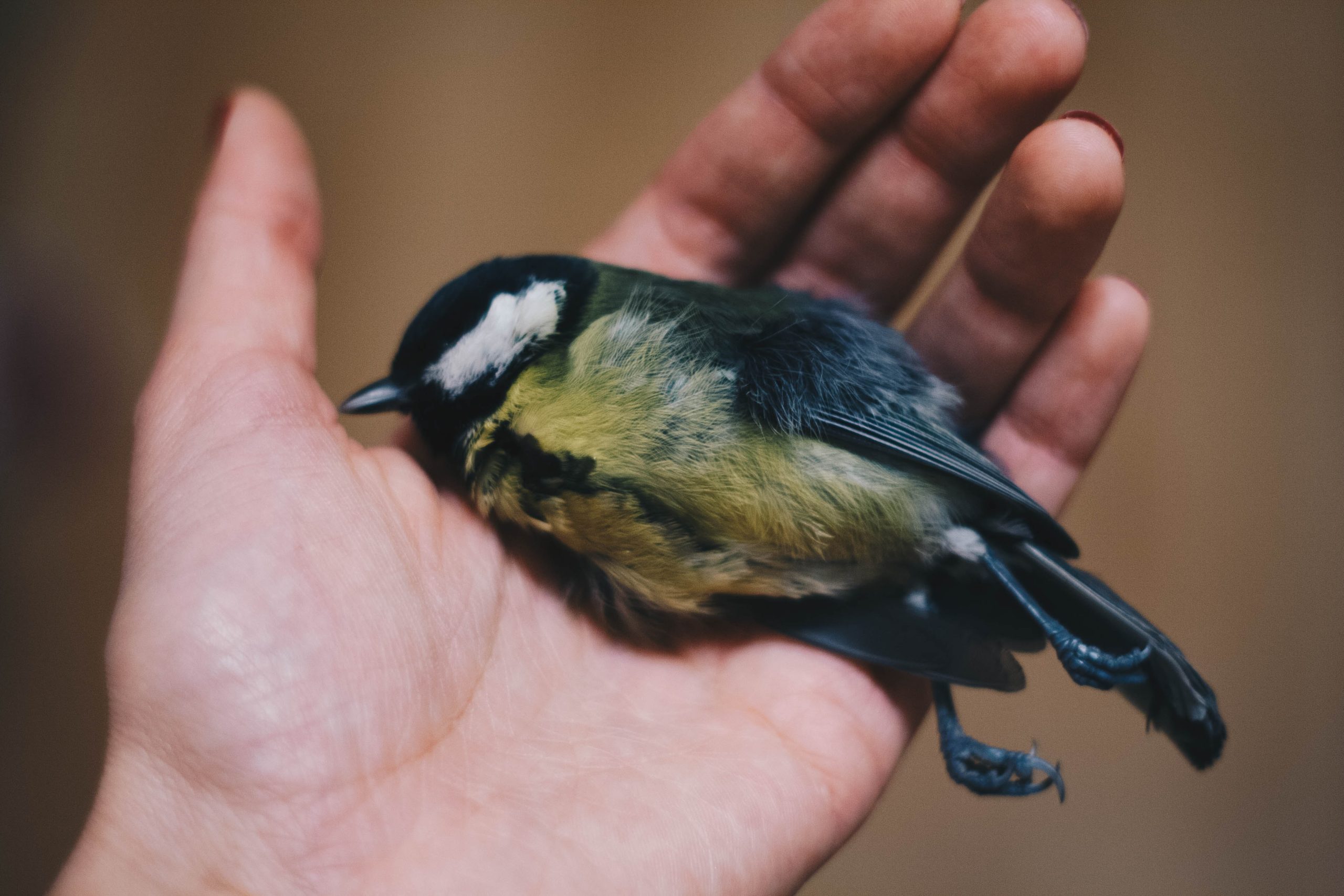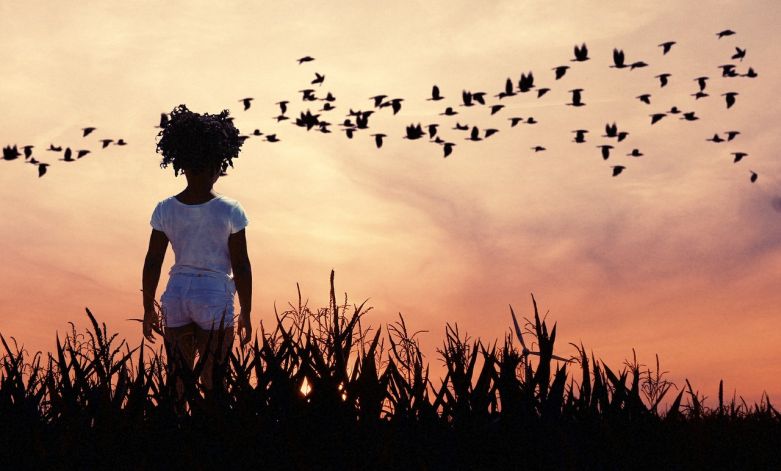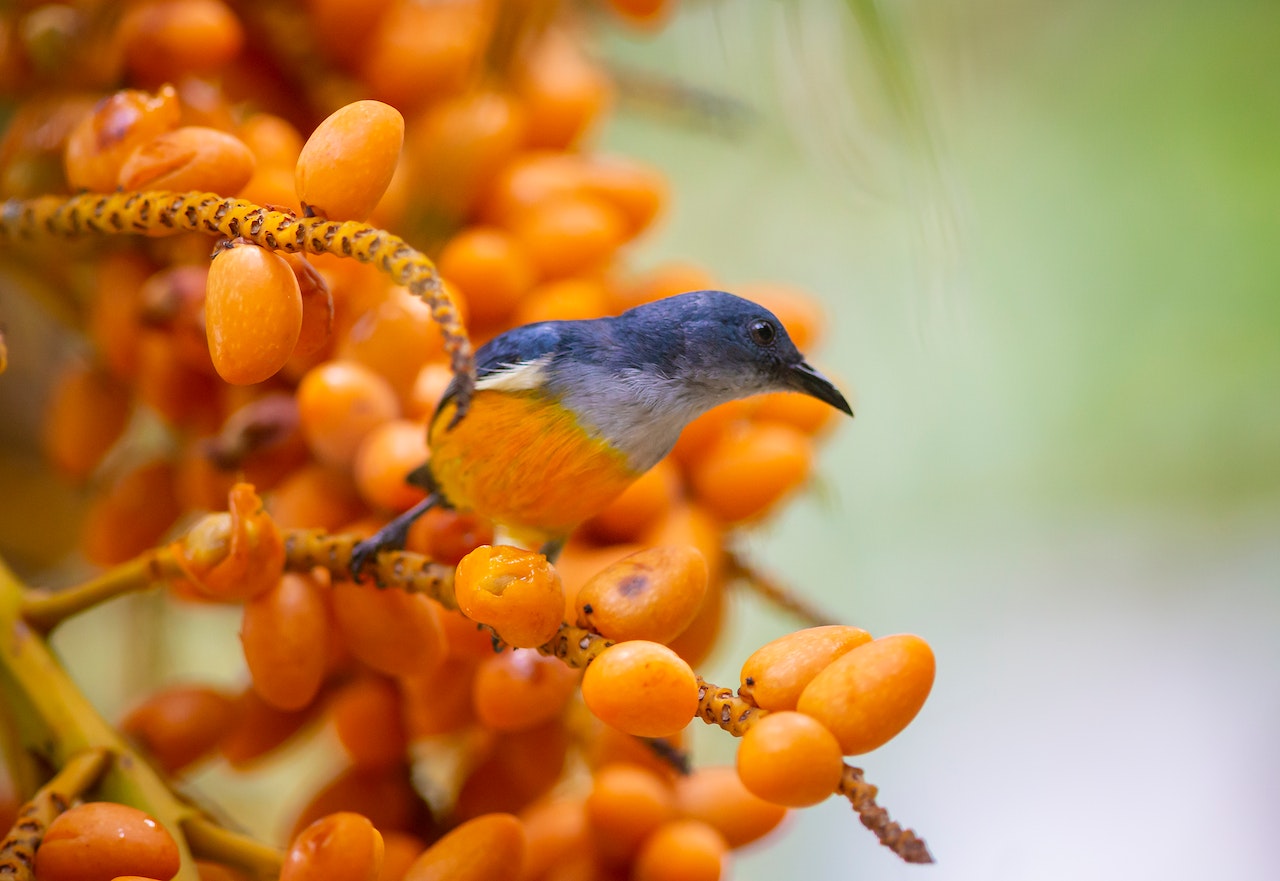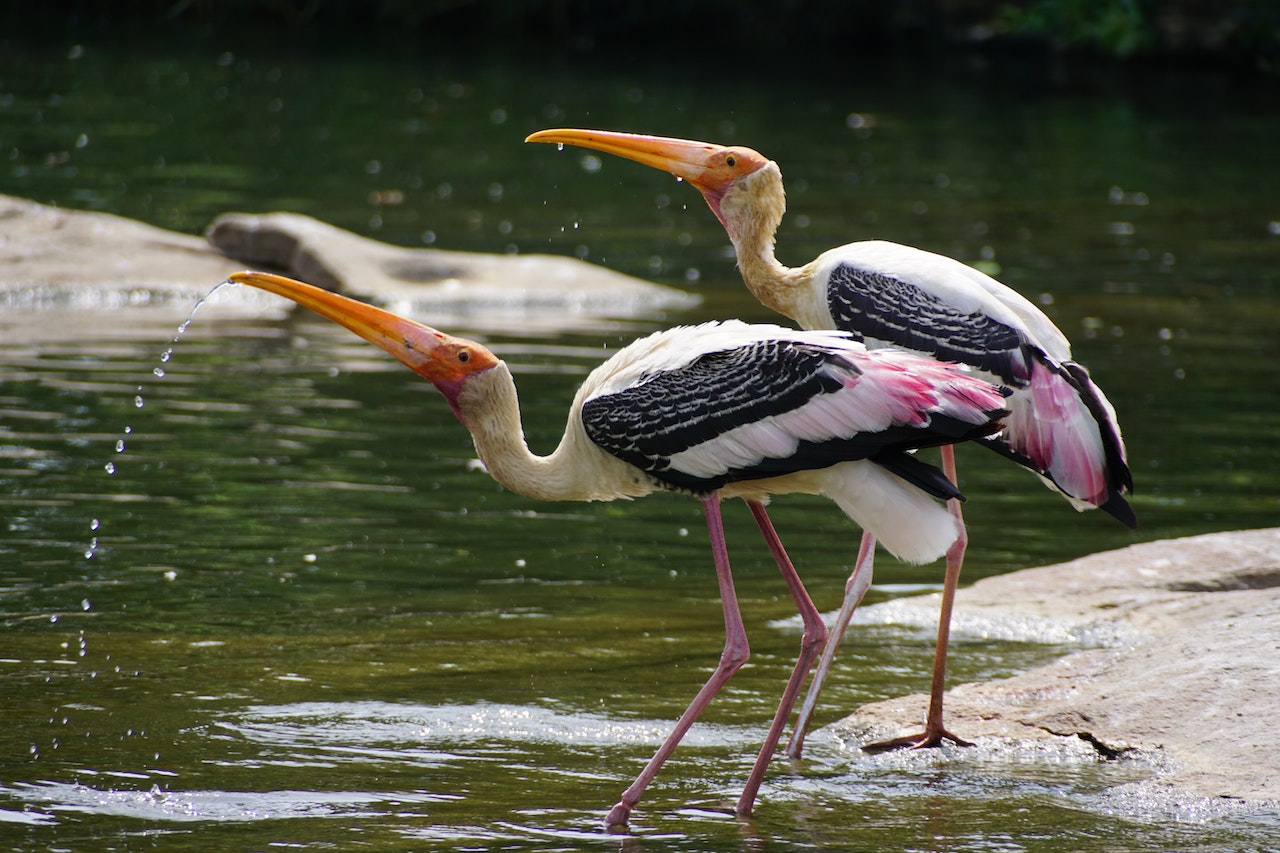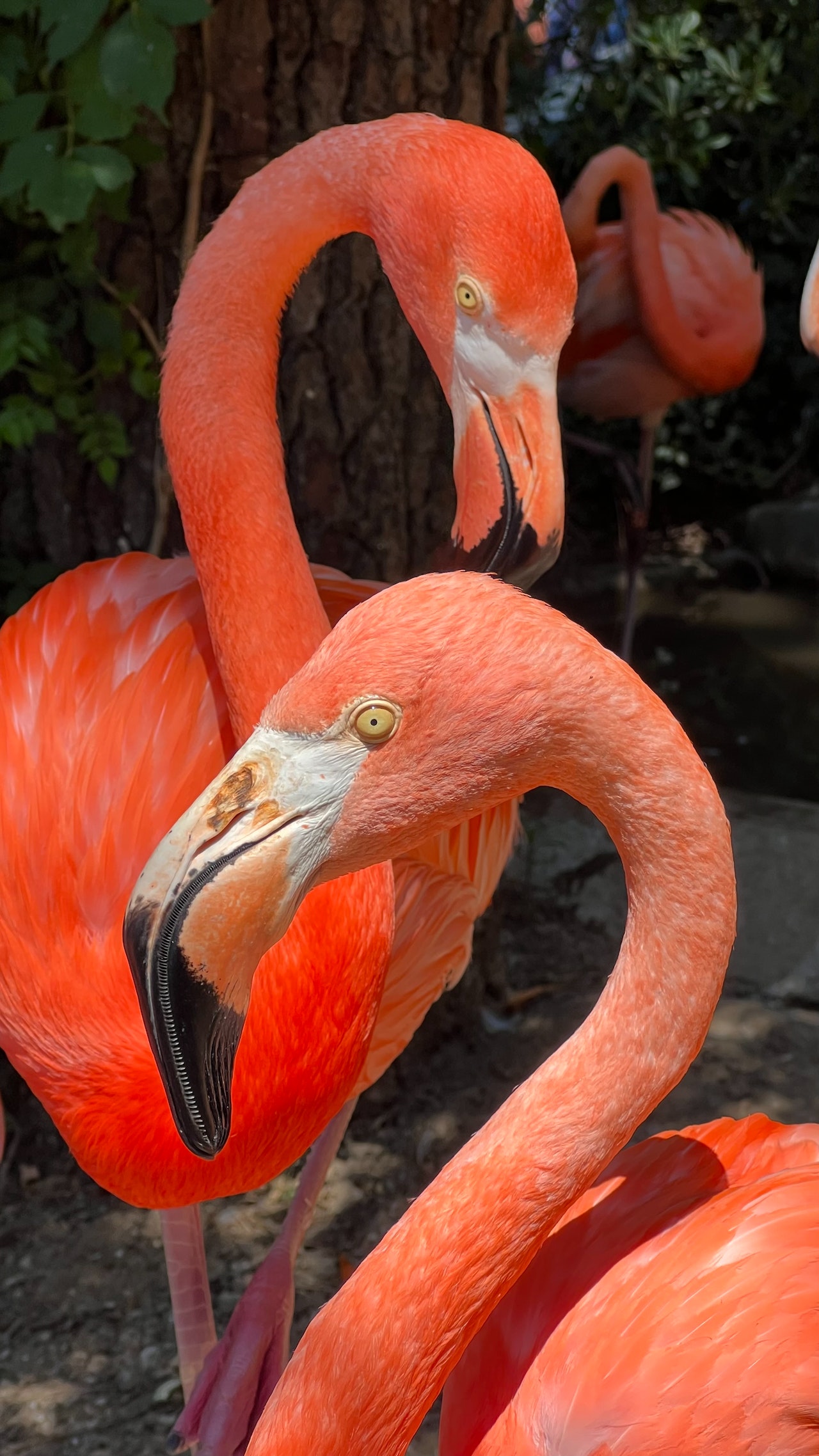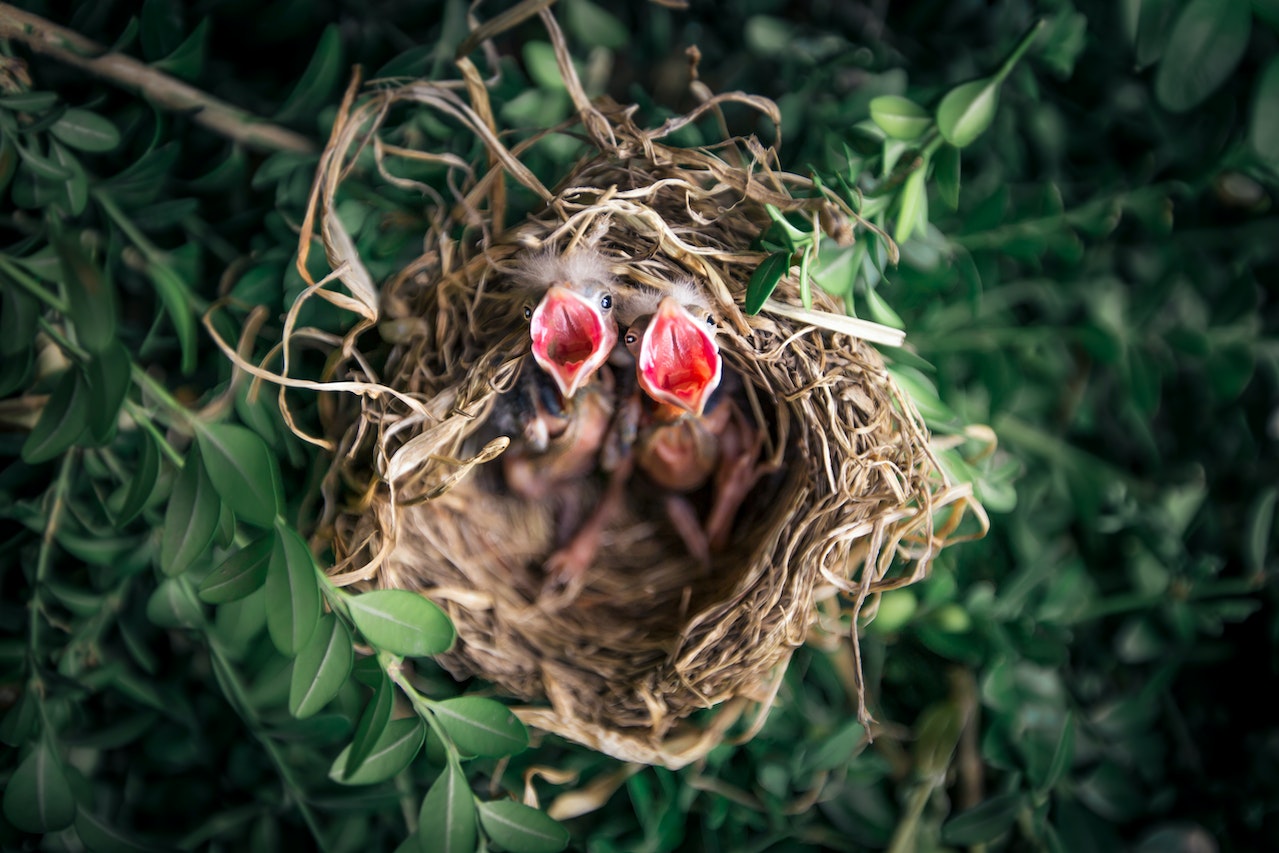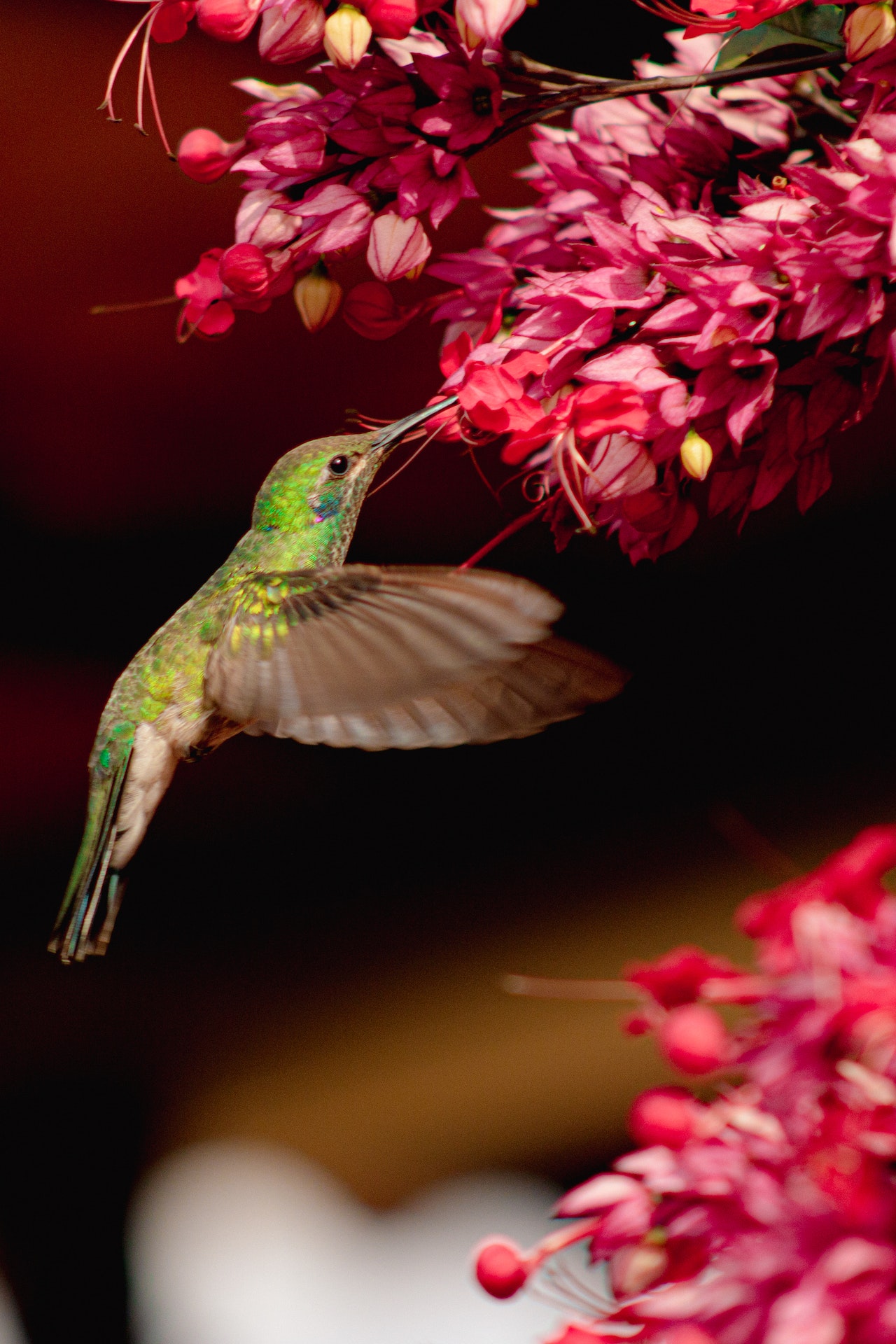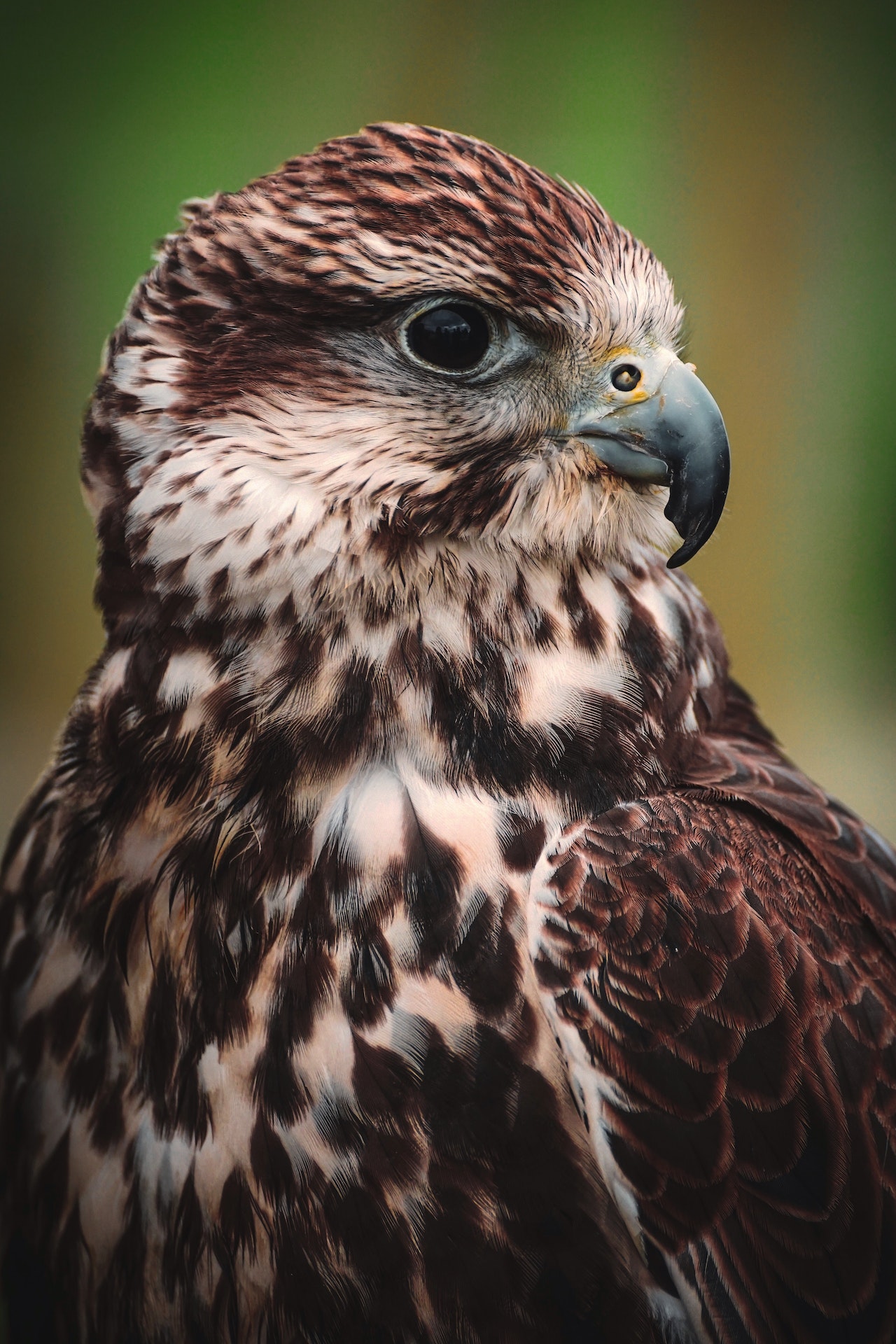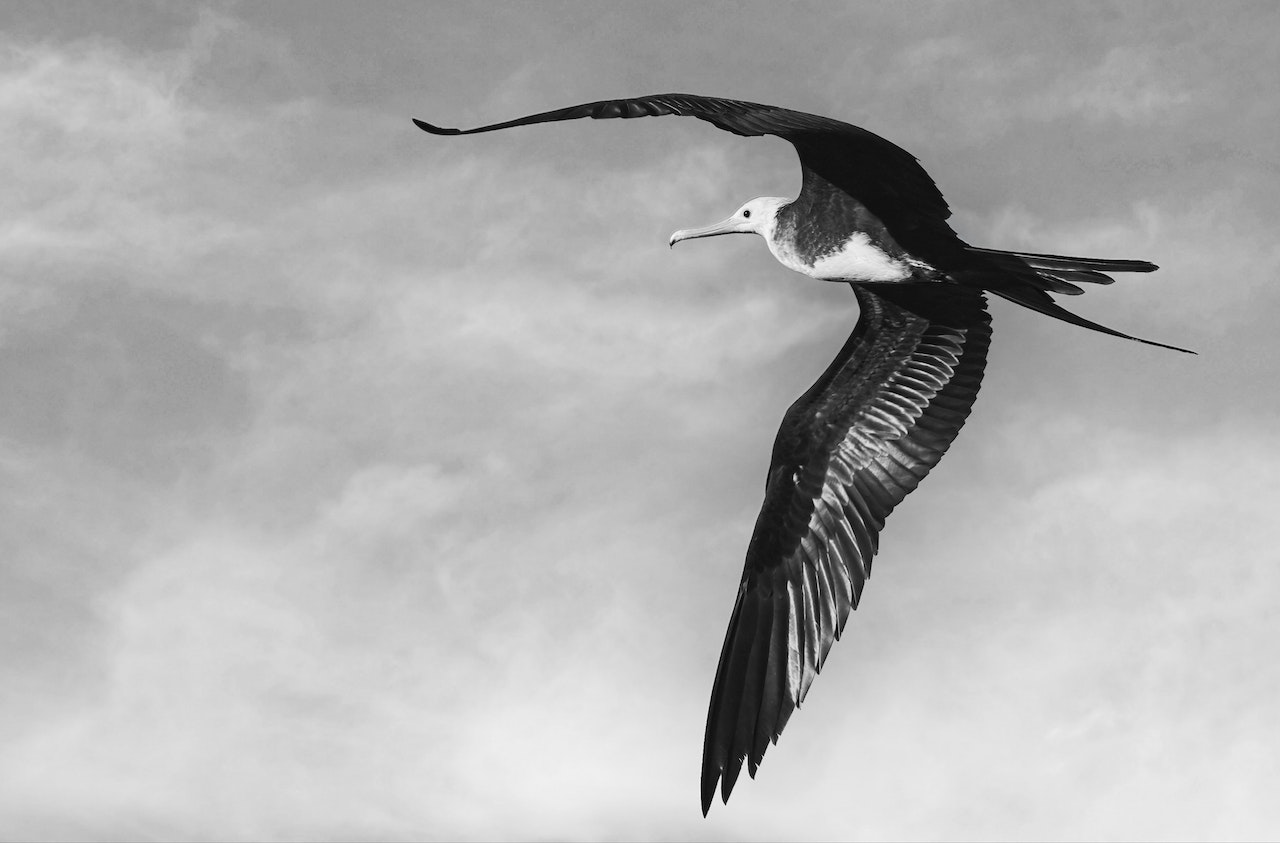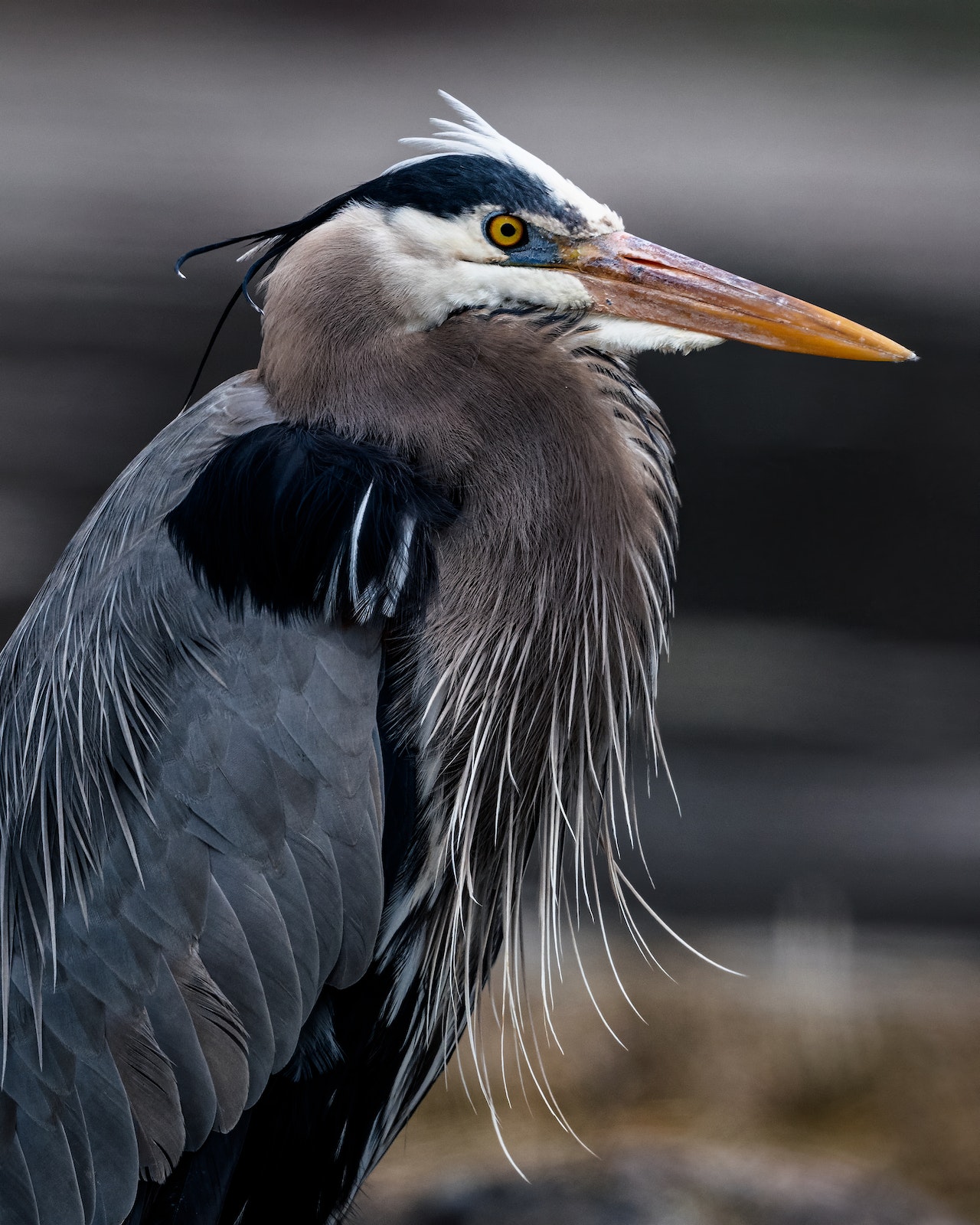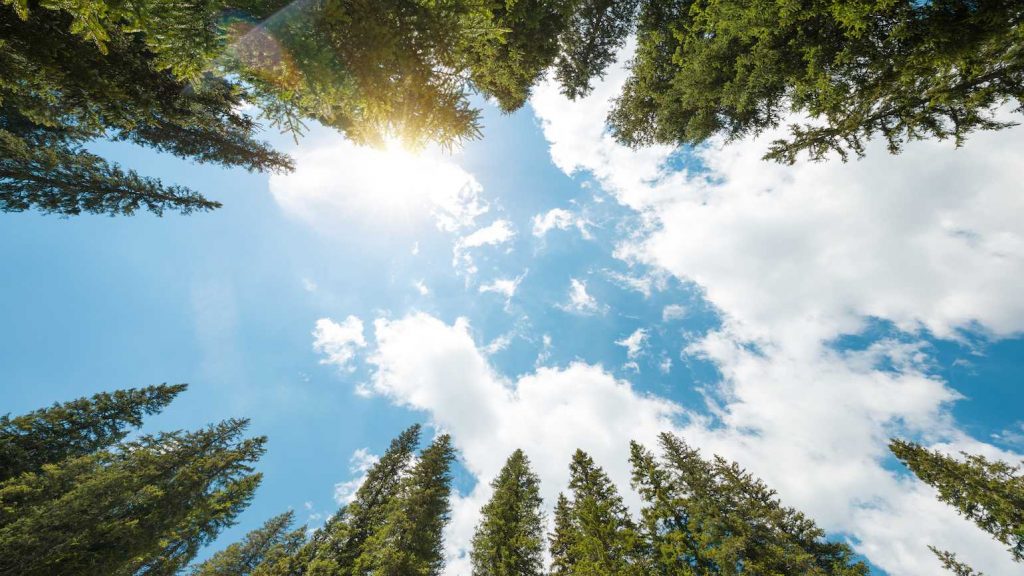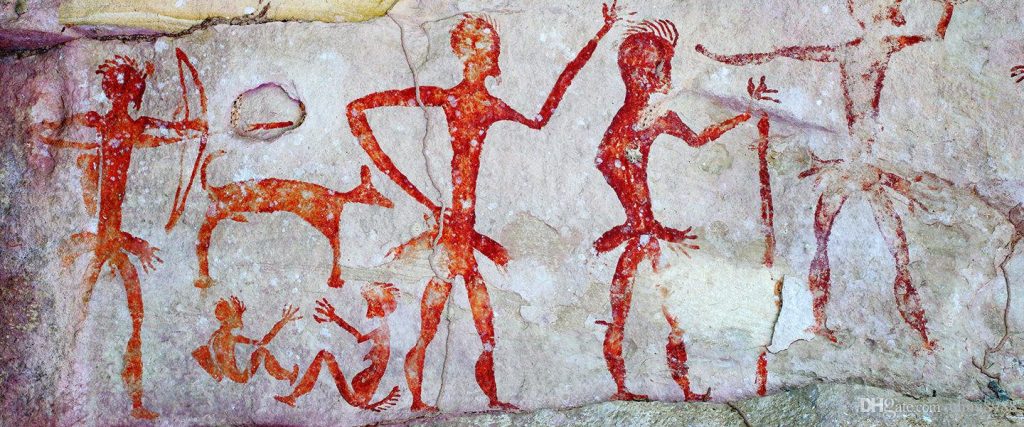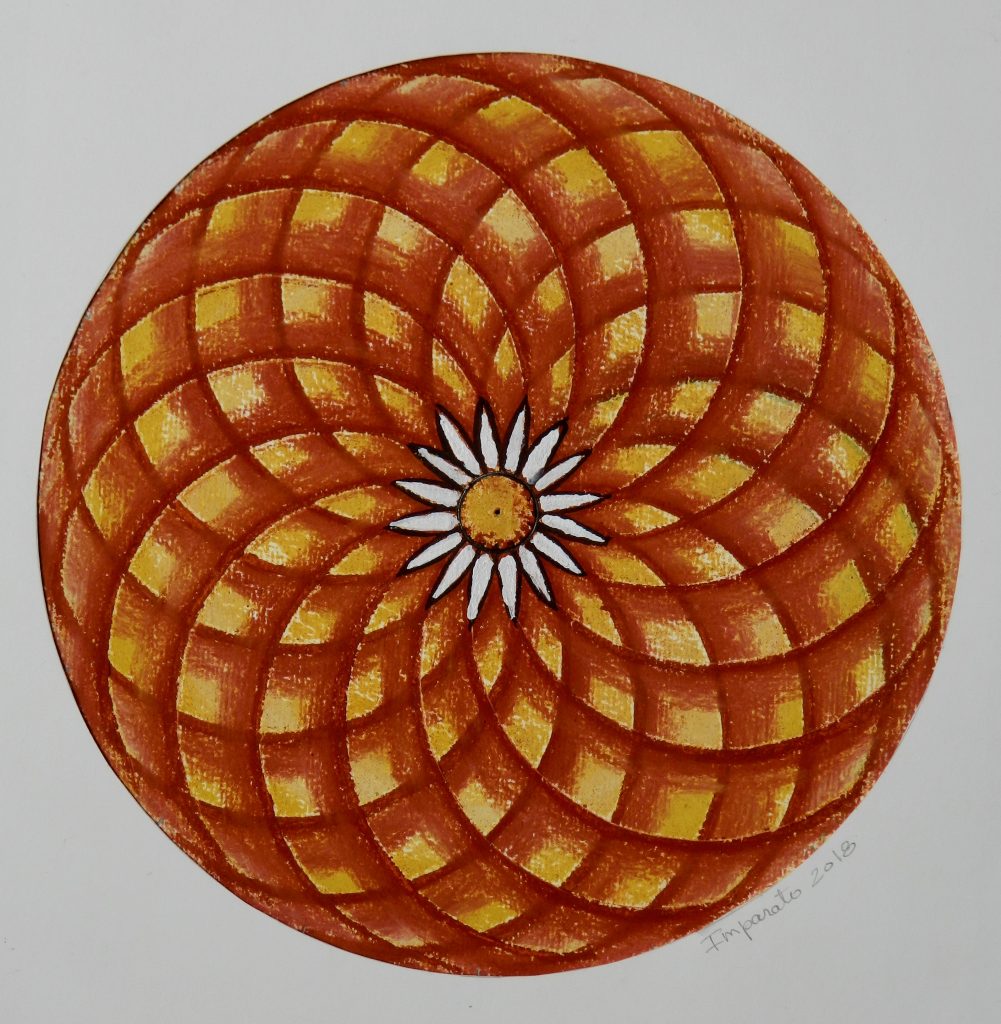To Lament | Dawn Songs and the Human-Bird Bond
NOTE: The excerpts included in this essay are from Dawn Songs: A Birdwatcher’s Field Guide to the Poetics of Migration, edited by Jamie K. Reaser and J. Drew Lanham for Talking Waters Press, 2023. The proceeds from Dawn Songs benefit the American Bird Conservancy’s Conservation and Justice Fellowship program.
The term ‘lament’ is typically associated with grief, with sorrow, with loss. Maybe the loss is physical – a beloved passes. Maybe the loss is etheric – a longed for dream of what could be is dissolved by circumstance.
Those who have awakened to the nature of dawn songs lament the loss of birds.
1.
“There is a poetics of grief, just as there is a poetics of migration. Both involve pattern and form. A grieving heart takes on a sort of pattern, just as migrating birds move together in a form. There is a rhythm and resolution to both, too. We presume peace and perhaps even joy will return to the grief-stricken, and migrating birds trust, in their birdlike way, that they too will find resolution – in blossoms, berries, or barnacles – at flight’s end.”
2.
“Falling. Falling out of the sky – in North America, a drop of 3 billion birds in fifty years – poisoned maybe, starved, some of them, lying dead at the base of skyscrapers or wind turbines, lying dead where cats left them on the welcome mats, dying with eggs in their bellies and no place to build a nest, their songs drowned, their wings broken. A swallow is a tiny thing – it weighs no more than eight pennies. But over 150 million years, it has learned to sail on the sky. When the last swallow plunges to Earth, surely the sky also will fall.”
3.
“I imagined the swallows returning the following May to look for their homes as they had for hundreds of generations. Imagined them finding their homes not just torn up but entombed in stone.”
4.
“Rivers of robins
Stream past in late October
Nowhere else to go”
As the birds go, so goes our innocence. So goes a connection, a belonging, to something beyond ourselves…
5.
“…your breaths dwindled
eyelids blinked slowly
closed longer each time
then came the stillness
of the absence of soul –
something undeniable
I first felt when
our first dog died –
from breath to no breath
in the slightest flicker of time”
6.
“My heart swelled at your magic
then ached when my daughter cried because you were so beautiful.
I cried too
for your journey cut short.
And wondered where you felt pulled to be [as you migrated northward].
Gone.”
7.
“Fluffy is a birder, too,
I’m very sure of that.
She watches them intently,
From right there where she’s at.
Beside that dead bird’s carcass,
Placed on the front porch mat.”
8.
“Sometimes you are perfect as anyone but a storm comes too soon. And you’re caught in a bad place young and you get smacked too hard to ever stand up again. It’s just luck. It’s not you.”
9.
“I’ve been looking up since I was a boy
There are less now but I keep looking
I’ll never stop trying to find them
I’ll spend all my days searching
They have to be somewhere
The sky isn’t what it used to be
It was always so full
Now there’s much less to see
A sky without them is only blue
A sky without them is only grey
A sky without them is nothing but clouds”
Too, there may be the arrival of a painful kinship of familiarity when we realize our journeys – nature and human nature – are not so distinct.
It is from this perch – this vantage point – that we may come to realize that the absences we feel may be the greatest within…
10.
“You, who are a migrant,
You know well the pain
Finding that upon your return,
What you loved is gone.”
11.
“Come back to me.
Come back to me like a bird
Returns in the spring –
Famished and full of song.
Come back to me.
Won’t you come back to me?”
12.
“This morning she draws outlines of children
who have been killed in gun violence,
during border crossings, white chalk on cement.
The swallows circle overhead, a sweet call in B-flat;
They carry our hearts with them.”
13.
“One the same day three police officers pinned Mario Gonzalez
face down in the mulch
And watched as he drew his last breath
in a park right down the street from my house,
dozens of least terns returned to the six-mile island where I live.
Flying right over his body, the long-endangered birds arrived
in Alameda,
where they have built one of their most productive breeding
colonies in the world.
At only nine inches long with a wingspan of nearly 20 inches,
the smallest member of the gully family flies more than 3,000 miles
from Central and South America every spring to get to our
urban island.”
14.
“Oriental? Antipodes?
Words [bird names] are colonist loot
Tags whose meanings unroot and seize
And keep the “natives” mute.”
15.
“…The door swung shut
and the hummingbird was left to zip and swing
through all that vaulted space, to migrate only
from leather to brass and patter like a great
and solitary bee against sun-splashed windows.
Months later, after such luxury and no way to love,
this shimmery mummy. Another guest walks up,
grabs my wrist, and says, Oh can I have it?
I could make something! reaching for her purse.”
16.
“Each year, we are less
until soon
we may be only a hole in the sky
the size of a broken heart.”
Perhaps, then, the birds – coming and going – can remind us of our own animal need to be attentive to the passing of time and what can be lost if we fail to show up…
17.
“…they [the peregrines] rob you of time. From the day they appear, there is no rest. You have to sharpen the machete and get a new hat. The last thunder is near and the cornfields await you. Oh! and also, of course, because of the mask they wear on their eyes.”
18.
“Time never rests,
its ghost prints leading us over a horizon giddy
with insistent light
we cannot conceive will even end.”
To lament is an act of wailing, or moaning, or weeping, but it can also be a calling out and a calling in. Lamentation can be a releasing of what was, while simultaneously inviting a vision, a realization of what greater manifest is arriving. Lamentation might just be the phoenix’s dawn song…
19.
“Nor in fact
could anything be said
to move him now.
this is what we learn
from him, if
we learn at all: That he
is dead, stuffed
among the mystery
of all he has been.
Is changed as we
are changed,
gazing upon him.”
20.
“…I’d wish for an earth not dire or overheated
For people still enamored of the spell
where thrush and human in concert dwell.”
In the act of lamentation, there is an inherent honoring of life, a gratitude, and a leaning into something mysterious – something hinting of itself in verse…
21.
“We dug a hole behind the log, buried the murre in the sand, and decorated the grave with treasures the boy had found. Sanding erect, looking out to sea, he whistled a sad song for the dead bird. Then, hand-in-hand, we walked back down the beach under the terrible silence of the empty sky.”
22.
“But I also wondered, did the goose ever question if this
Changing world would be viable enough to support her young?
Did fear or doubt ever enter her hollow-boned body,
Haunt her dreams, alter her patterns of flight?…
I know that our children flew
Into the world alongside one another,
I know that she and I are life bearers
And that without us, there is no story
to tell. I know that when her family
eventually flew from the pond,
I missed them terribly
and that my daughter will hear tales
about their elegance and intelligence
for as long as there is wind in my lungs.”
When we enter the wilds accompanied only by the pale of human loss, might the birds we encounter there not be birds at all? Perhaps lamentation is a song that enables the necessary mystery to find us in ways that we long to be found…
23.
“This place you [mother] taught me
To know and love
Is blessed with birdlife,
And now these graceful cranes
Greet me here the first time ever.
A sign in the stillness.”
24.
“He caught me unawares, further out on the edge of the earth. Guard, or guardian. He stood posing, in profile, bracing against wind and wave. Great. Blue. Great blue here. In my nearly gone first week of living, there he stood. Sentry, or sentinel. It was his presence, I know, that caused my arms to reach to the sky and my lungs to exclaim “Yes-Yes” to the universe or to the heron or to the wind or to me. Yes. Yes. If this heron can be here, alive, fighting the elements, I can fly home, and stay alive, fighting my elements. Great blue. Message, or messenger.
And to this day of staying alive, I do not know if it was a heron, or my father.”
And, then, there is the healing that arrives through what birds visit upon us – our true nature found again – in the body of the human animal…
25.
“Even this heart, wounded
and bruised, can’t help but open
to the wheeling of nighthawks,
how they arc and sweep
as the sun disappears
and then continue their swooping
long after the light is gone.”
26.
“And now that I know this dove,
who’s sound turns itself like a key
into the quiet hallway of my bones,
is not misnamed as the administrator of mornings
but who knows mourning as a pathway to divinity—
who laments with the rising and falling tides of
this troubled world, who grants me permission
to grieve even when grieving has gone out
of fashion.”
27.
“Let a blue heron nest in my heart
This is how I start
Let my hands turn currents in rivers
Let me feel the shiver
May she weave my weary bones
Into the leaves that twine her home
May my eyes shine with her dreams
The world is more than it seems”
Those who have lamented well, who have consciously tended the ecology of grief, discover gifts – the resources of human nature – along the way. Now, what is found, is given – freely released. Life lifts and carries on.
28.
“Farewell, winged beauties.
How we will miss you!
My heart aches upon your leaving.
All I can offer are my blessings.”
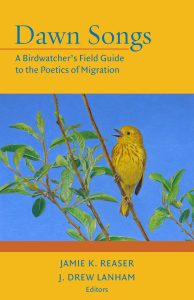 The excerpts included in this essay are from Dawn Songs: A Birdwatcher’s Field Guide to the Poetics of Migration, edited by Jamie K. Reaser and J. Drew Lanham for Talking Waters Press, 2023. The proceeds from Dawn Songs benefit the American Bird Conservancy’s Conservation and Justice Fellowship program. 1. Rochelle L. Johnson, Plummeting; 2. Kathleen Dean Moore, Swallows Falling; 3. David Gessner, Homeless; 4. Renata Golden, How I Spend My New Summers; 5. Erin Robertson, To the Swainson’s Thrush; 6. Coreen Weilminster, Eulogy for a Moving Miracle, Pts 1 & 2; 7. Bill Hilton Jr, Birder Cats; 8. Carl Safina, It’s Just Luck; 9. Paul A. Riss, Lonely Sky; 10. Rafael Calderόn-Parra, Migrante; 11. Jamie K. Reaser, Come Back to Me; 12. Gwendolyn Morgan, Solace of Swallows; 13. Emily Polk, The Least Tern; 14. David George Haskell, Colonial Biogeographic Nomenclature, A Sonnet for Biological Textbooks; 15. Derek Sheffield, Christmas Party; 16. Kim Schnuelle, Vacillations/Flycatcher Lament; 17. Apab’yan Tew, Ri Elaq’omab’; 18. Pamela Uschuk, Western Tanager; 19. William Pitt Root, Arctic; 20. Walker Abel, Hermit Thrush; 21. Kathleen Dean Moore, Common Murre; 22. April Tierney, Mother Canada Goose; 23. Geoffrey Garver, A Sign of Life; 24. Pamela Norton Reed, Great Blue; 25. Rosemerry Wahtola Trommer, In Crepuscular Light; 26. April Tierney, I Am in Love with the Mourning Dove; 27. Deborah Levoy, Blue Heron; 28. Tina Asherae Fields, Autumn Farewell Blessing for the Migratory Birds.
The excerpts included in this essay are from Dawn Songs: A Birdwatcher’s Field Guide to the Poetics of Migration, edited by Jamie K. Reaser and J. Drew Lanham for Talking Waters Press, 2023. The proceeds from Dawn Songs benefit the American Bird Conservancy’s Conservation and Justice Fellowship program. 1. Rochelle L. Johnson, Plummeting; 2. Kathleen Dean Moore, Swallows Falling; 3. David Gessner, Homeless; 4. Renata Golden, How I Spend My New Summers; 5. Erin Robertson, To the Swainson’s Thrush; 6. Coreen Weilminster, Eulogy for a Moving Miracle, Pts 1 & 2; 7. Bill Hilton Jr, Birder Cats; 8. Carl Safina, It’s Just Luck; 9. Paul A. Riss, Lonely Sky; 10. Rafael Calderόn-Parra, Migrante; 11. Jamie K. Reaser, Come Back to Me; 12. Gwendolyn Morgan, Solace of Swallows; 13. Emily Polk, The Least Tern; 14. David George Haskell, Colonial Biogeographic Nomenclature, A Sonnet for Biological Textbooks; 15. Derek Sheffield, Christmas Party; 16. Kim Schnuelle, Vacillations/Flycatcher Lament; 17. Apab’yan Tew, Ri Elaq’omab’; 18. Pamela Uschuk, Western Tanager; 19. William Pitt Root, Arctic; 20. Walker Abel, Hermit Thrush; 21. Kathleen Dean Moore, Common Murre; 22. April Tierney, Mother Canada Goose; 23. Geoffrey Garver, A Sign of Life; 24. Pamela Norton Reed, Great Blue; 25. Rosemerry Wahtola Trommer, In Crepuscular Light; 26. April Tierney, I Am in Love with the Mourning Dove; 27. Deborah Levoy, Blue Heron; 28. Tina Asherae Fields, Autumn Farewell Blessing for the Migratory Birds.
The book can be ordered anywhere books are sold online and at many local bricks and mortar stores. We are encouraging purchases through Bookshop.org to support indie writers and presses | Dawn Songs FB page | Our YouTube channel



